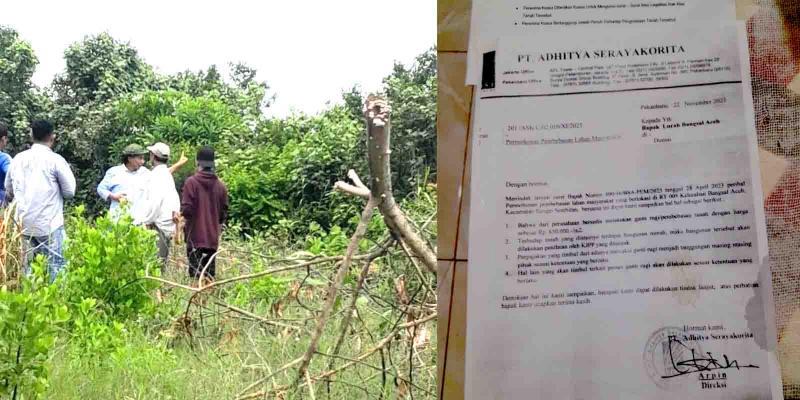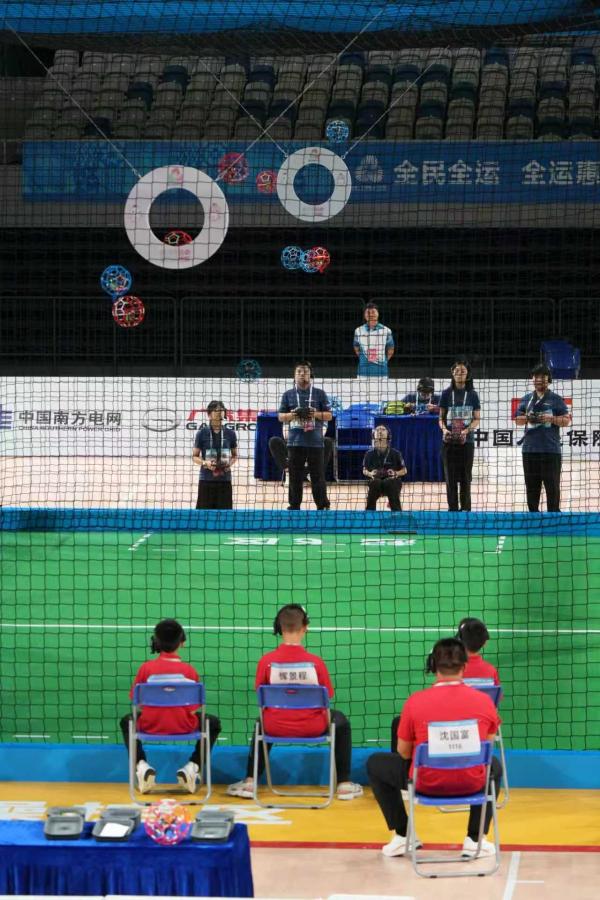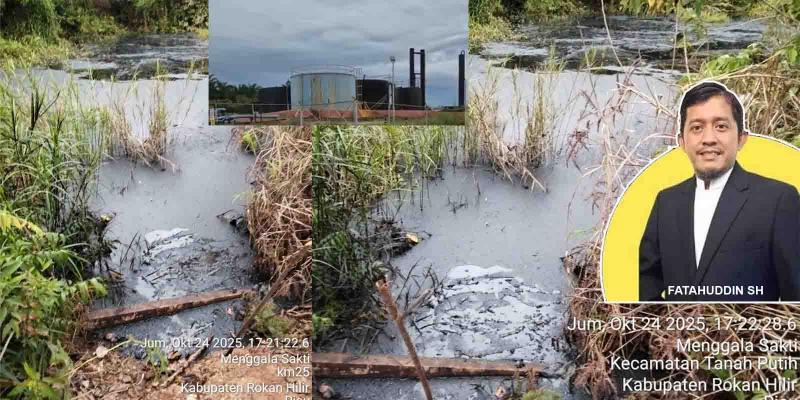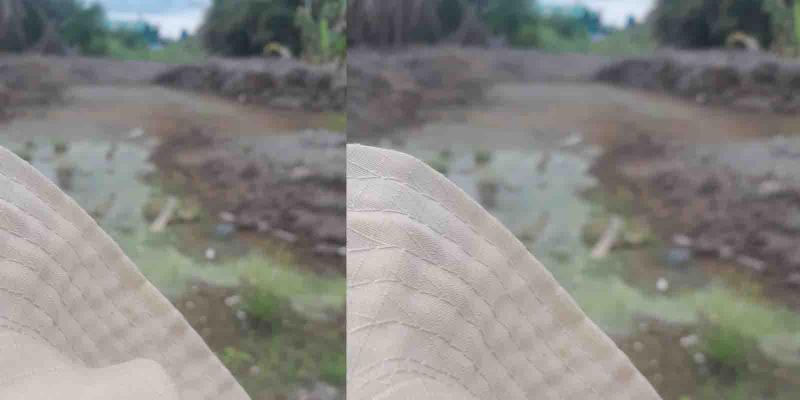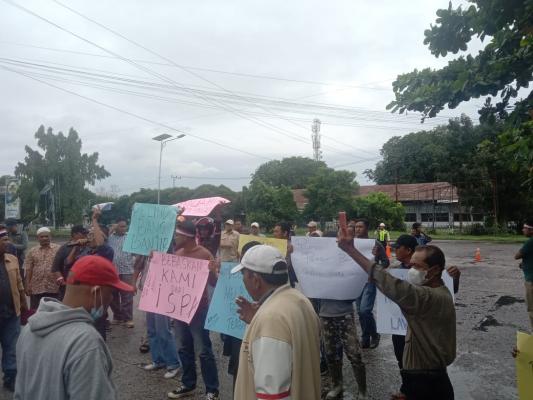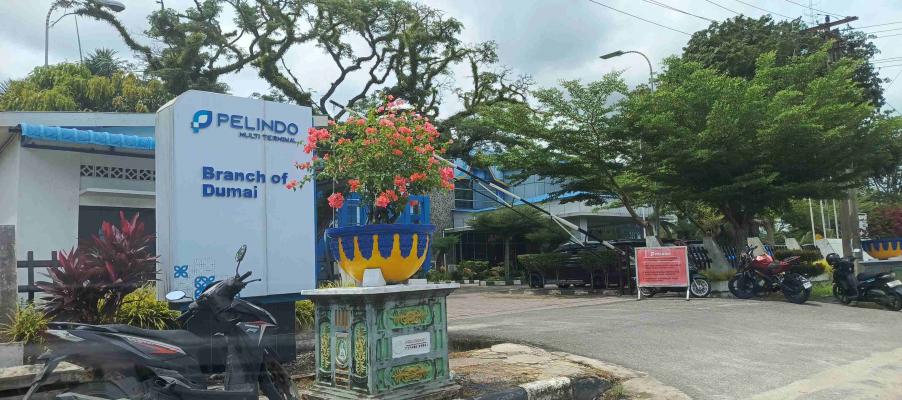- Home
- MediaOutReach
- NIA Unveils Strategic Insights into Thailand's FoodTech Startup Ecosystem to Strengthen Its Global "Kitchen of the World" Position
NIA Unveils Strategic Insights into Thailand's FoodTech Startup Ecosystem to Strengthen Its Global "Kitchen of the World" Position
Sabtu, 01 November 2025 | 08:08
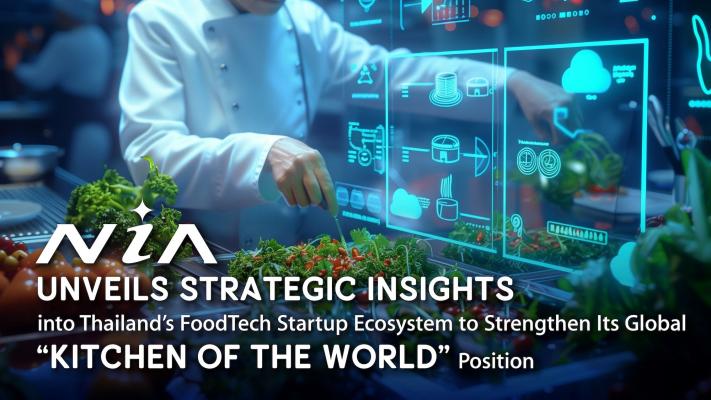
NIA UNVEILS STRATEGIC INSIGHTS
BANGKOK, THAILAND -
Media OutReach Newswire
- 31 October 2025 - The Ministry of Higher Education, Science, Research
and Innovation (MHESI), through the National Innovation Agency (Public
Organization) or NIA, has released a strategic overview of Thailand's
FoodTech startup ecosystem, showcasing the nation's growing potential to
become a global leader in food innovation.
The newly launched "Thailand FoodTech Ecosystem Whitepaper 2025,"
developed in collaboration with BioBuddy, highlights Thailand's key
strengths, challenges, and future directions for leveraging innovation
to build a resilient and inclusive food future—advancing the nation's
long-standing vision as the "Kitchen of the World."
Dr. Krithpaka Boonfueng, Executive Director of the National Innovation Agency (Public Organization) (NIA), stated citing the Food and Agriculture Organization (FAO) warning that the world must increase food production by more than 60% to meet the needs of a growing population. But food security is not just about quantity — it's about nutrition, safety, and equitable access, even amid economic crises or climate instability. These challenges position FoodTech as a key solution for the future, offering innovative ways to ensure the planet's survival through sustainable and inclusive food systems.
"Thailand has the potential to emerge as a global FoodTech hub, driven by the regeneration of resources, the environment, and the economy, FoodTech lies at the heart of Thailand's ambition to transform how food is produced and consumed. Through innovation, we can ensure that every resource — from water to soil — is used responsibly to create food systems that nourish people while protecting the planet."
Thailand's FoodTech ecosystem benefits from strong fundamentals: abundant natural resources, a skilled workforce, and a strategic location as ASEAN's gateway. Its robust agricultural base, diverse food exports, and commitment to food security further position the country for success.
Rising consumer demand, especially in urban areas like Bangkok, has inspired a new generation of young entrepreneurs entering the food business. Increasing collaboration between the private sector and startups reflects a maturing innovation ecosystem.
However, challenges remain. Much of Thailand's food production still lacks value-added innovation. Fragmented supply chains, limited access to knowledge among smallholders, and weak collaboration networks slow progress.
Experts also note that Thailand's R&D investment—currently around 1% of GDP—is relatively low, while complex regulations and limited venture capital hinder early-stage FoodTech startups. Technology transfer between universities, research institutions, and the private sector also remains underdeveloped, constraining deep-tech growth in food science and processing.
Industry analysts warn that without sustained policy support and cross-sector investment, Thai FoodTech startups risk losing momentum to regional peers with stronger financial ecosystems and R&D pipelines.
Dr. Krithpaka added, The Whitepaper identifies seven startup segments at the forefront of global FoodTech innovation — each with potential for Thailand's ecosystem to expand and attract investment:
1. Innovative Food & Food Science – Developing novel ingredients and food products, including plant-based, cultured meat, and functional nutrition solutions.
2. Supply Chain & Traceability – Digitalizing and automating logistics, ensuring food safety and transparency from farm to fork.
3. Food Waste & Water Rescue – Creating renewable, circular solutions to minimize food and water waste.
4. Food E-Commerce, Delivery & Meal Kit – Transforming food access and consumption through smart logistics, meal prep, and delivery platforms.
5. Future of Retail & Restaurant – Reinventing hospitality with robotics, AI, and cloud kitchen technologies.
6. Consumer Tech – Empowering consumers through smart kitchen devices, personalized nutrition, and digital health integration.
7. PetFoodTech – Innovating pet nutrition through technology-driven product customization and sustainable ingredient sourcing.
Example startups in Thailand's ecosystem include Advanced Green Farm (Flo), valued at THB 0.93 million with USD 800,000 in fundraising; LINE MAN Wongnai, Thailand's first food delivery–review platform to achieve unicorn status; and Dernua, a local innovator producing powdered fermented fish.
Together, these seven categories demonstrate Thailand's readiness to participate in the global transformation of food systems—from production and consumption to sustainability and health innovation.
"Government support for FoodTech innovation is gaining traction. NIA's flagship initiatives include SPACE-F — Asia's first global FoodTech startup platform promoting innovation in alternative proteins, sustainable packaging, and food waste reduction — and Thai Kitchen, an accelerator program transforming traditional Thai ingredients and recipes into high-value, export-ready products.
These initiatives reflect Thailand's growing multi-sector collaboration among startups, corporations, academia, and government agencies. They align with NIA's strategic framework — "Create the Dot, Connect the Dot, Value Creation" — which drives sustainable innovation across the entire food value chain, reinforcing Thailand's global identity as the "Kitchen of the World."
https://www.nia.or.th/
BERITA LAINNYA
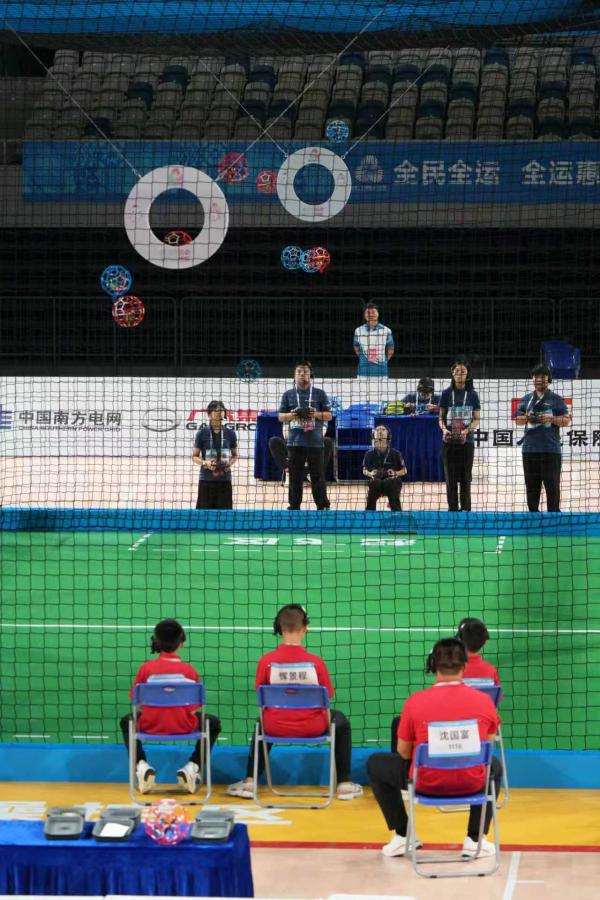
Sabtu, 01 November 2025 | 08:36

Sabtu, 01 November 2025 | 08:23
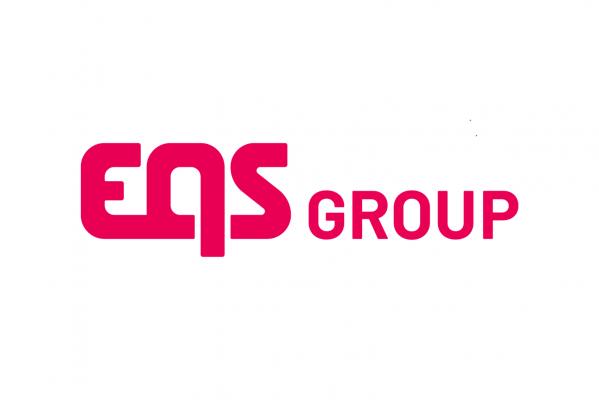
Sabtu, 01 November 2025 | 08:21

Sabtu, 01 November 2025 | 08:20

Sabtu, 01 November 2025 | 08:19

Sabtu, 01 November 2025 | 08:18

Sabtu, 01 November 2025 | 08:16
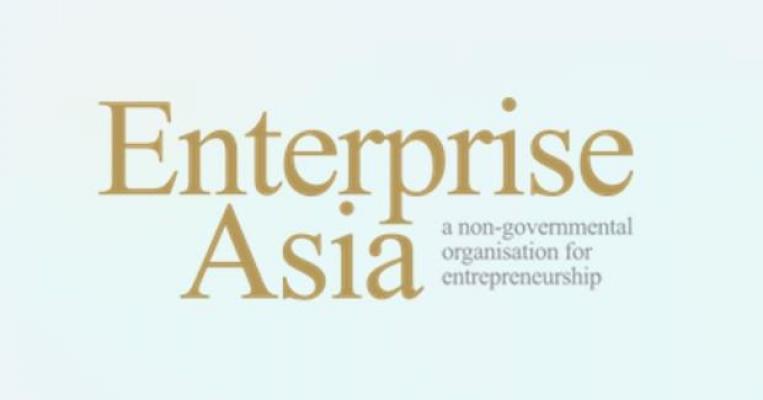
Sabtu, 01 November 2025 | 08:16
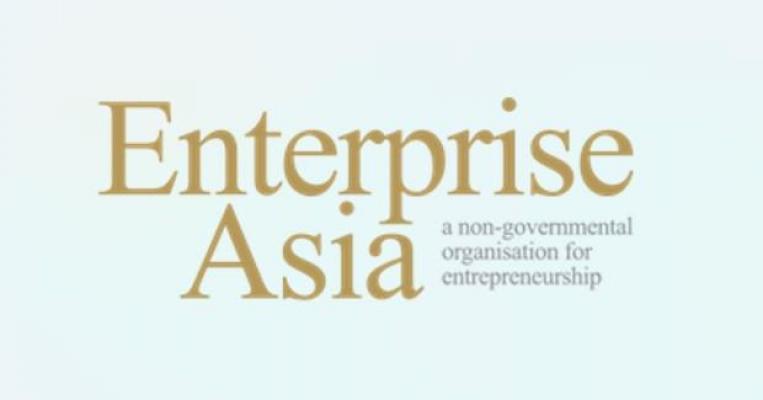
Sabtu, 01 November 2025 | 08:15
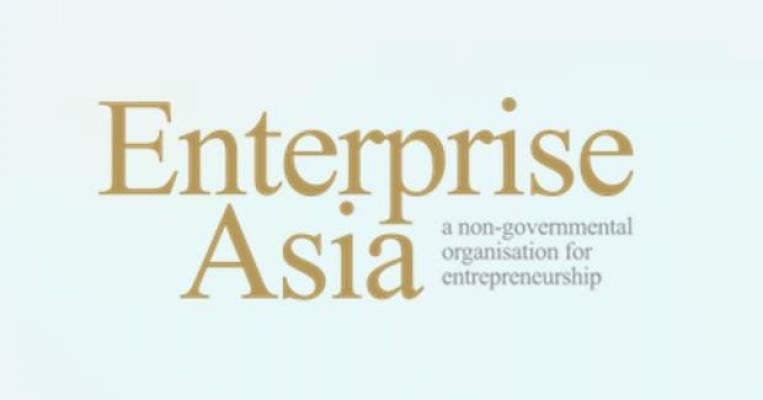
Sabtu, 01 November 2025 | 08:14

Sabtu, 01 November 2025 | 08:11





